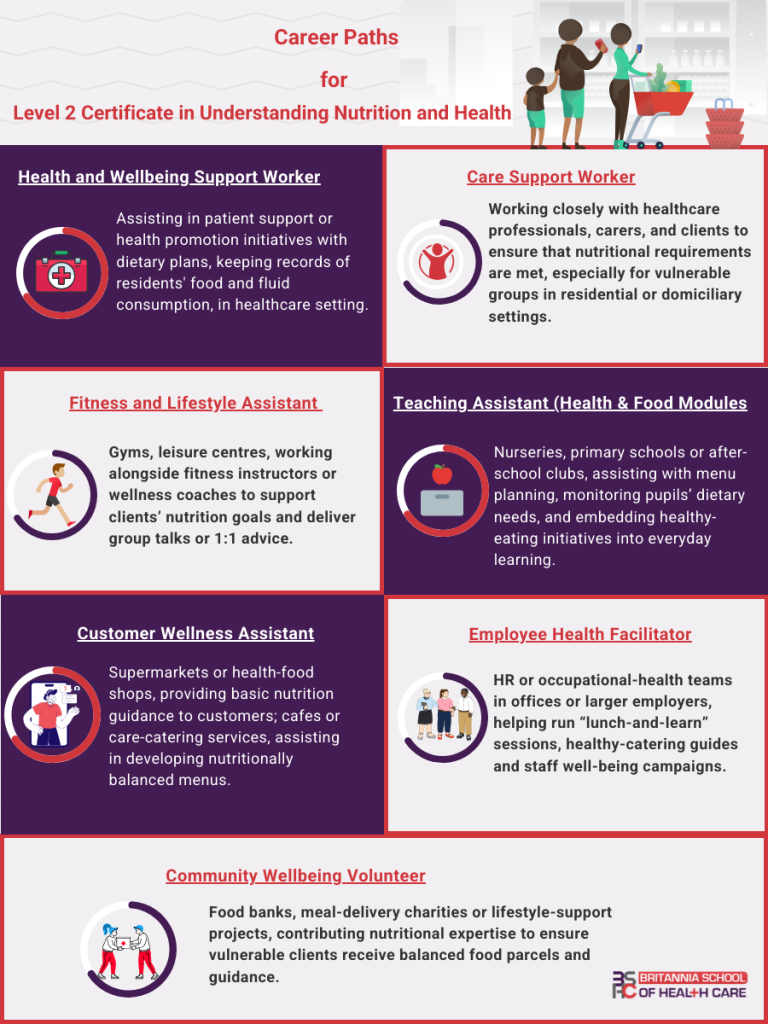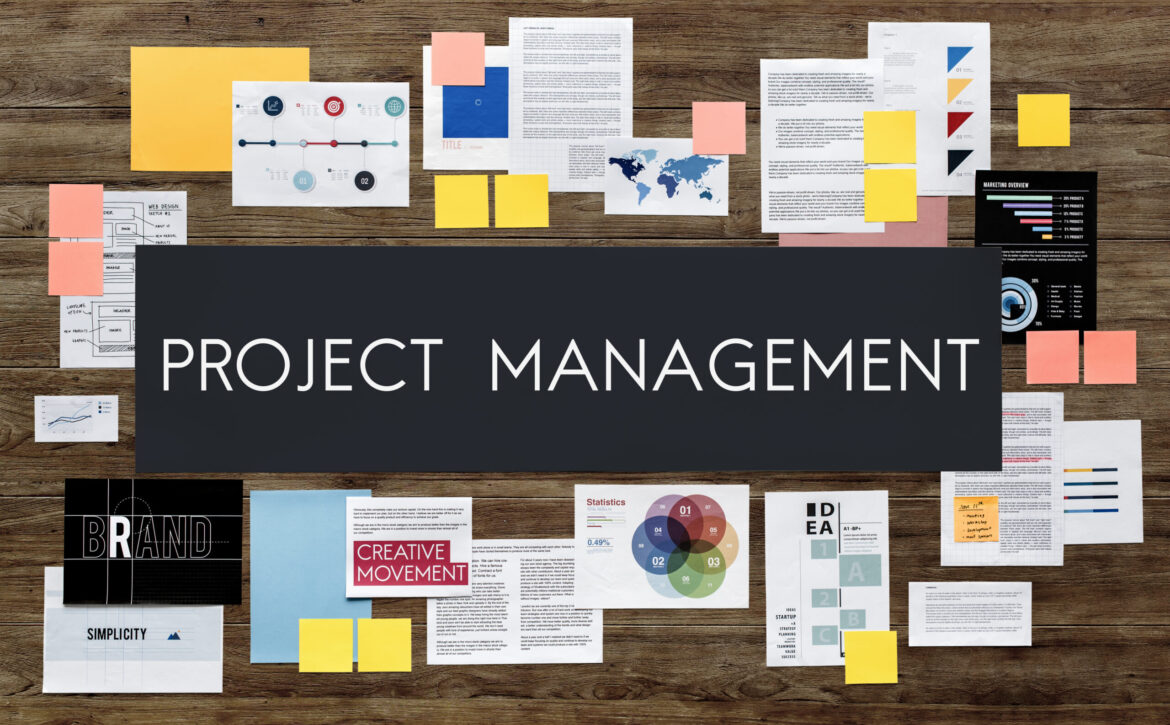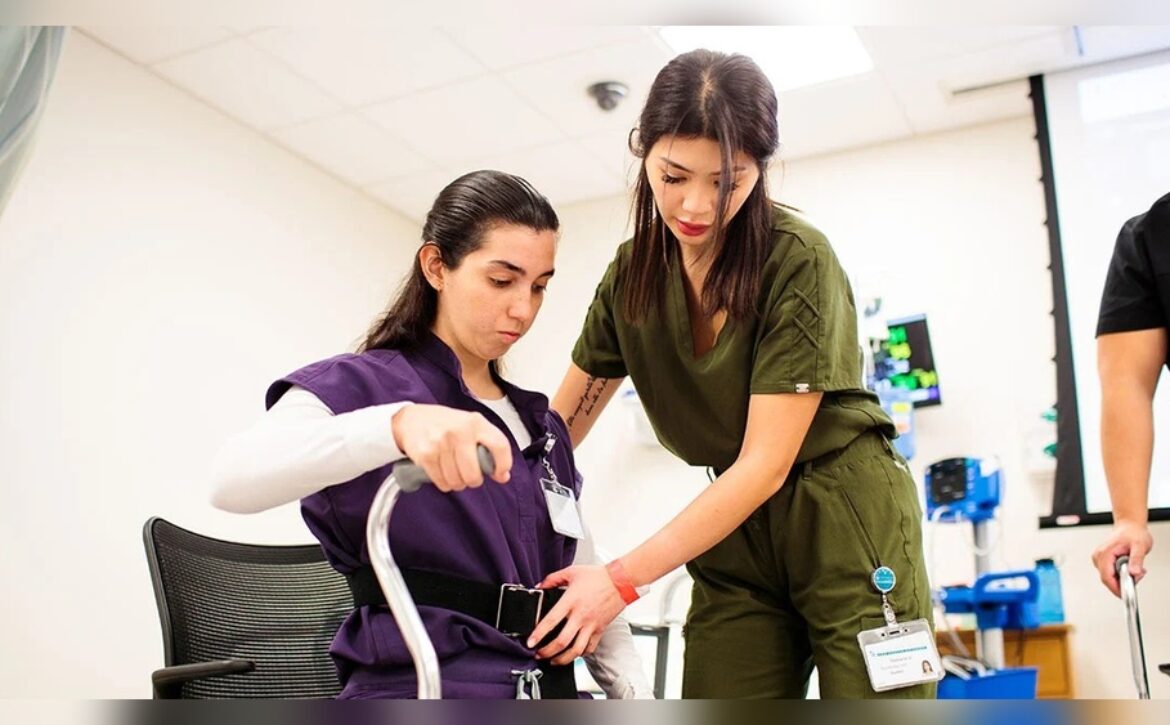
How to Become a Certificate in Understanding Nutrition: Guide
Are you curious about how what you eat impacts your health? Imagine having the power to make informed decisions about your diet and well-being.
Earning a Certificate in Understanding Nutrition and Health can unlock this potential, empowering you to take control of your lifestyle. This certification isn’t just a piece of paper; it’s a step towards transforming your health and potentially helping others do the same.
Whether you’re looking to enrich your personal knowledge or step into a new career, this guide will walk you through the process. Ready to discover how this certificate can open new doors for you? Dive in and see how it can change your life.
Choosing The Right Nutrition Course
Selecting the right nutrition course is crucial for gaining a Certificate in Understanding Nutrition and Health. Focus on courses that offer clear instructions, practical knowledge, and expert guidance. Ensure the program covers essential topics like balanced diets, nutrition science, and health improvement strategies.
Choosing the right nutrition course is crucial for your education. It shapes your understanding of nutrition and health. With countless options, knowing where to start can feel overwhelming. Focus on key factors like accreditation, learning format, duration, and cost. This ensures you make an informed choice.
Accredited Programs
Accredited programs offer a recognized standard of education. They ensure the curriculum meets industry standards. Look for courses approved by respected organizations. This adds credibility to your certificate. Employers value credentials from accredited institutions. It boosts your professional prospects.
Online Vs. In-person Learning
Consider how you prefer to learn. Online courses offer flexibility and convenience. Perfect for those with busy schedules. Learn at your own pace, from anywhere. In-person classes provide direct interaction with instructors. They offer a structured learning environment. Choose based on your learning style and commitments.
Course Duration And Cost
Course duration varies from weeks to months. Short courses cover basics quickly. Longer programs provide in-depth knowledge. Consider your time availability and learning goals. Cost is a crucial factor too. Compare prices across different courses. Look for any additional fees or materials. Ensure the course fits your budget without compromising quality.

Essential Prerequisites
Embarking on the journey to become a certified expert in nutrition and health can be an exciting adventure. Before diving into the specifics, understanding the essential prerequisites is crucial. These prerequisites set the foundation for your learning path and ensure you are well-prepared for the certification process.
Educational Background
Having a solid educational background is often the first step. While you don’t need a degree in nutrition, a basic understanding of biology or health sciences can be beneficial. Did you enjoy biology in high school? That curiosity about how the body works can be your best ally.
Consider enrolling in introductory courses related to health, anatomy, or food science. These courses provide a strong base and make advanced topics more accessible. Wouldn’t it be great to understand how your favorite snack affects your body?
Skills And Interests
A passion for health and wellness is key. Are you the person who always reads the nutrition labels on food packages? That interest can be your driving force.
Developing skills such as critical thinking and communication are equally important. You need to analyze data and effectively share insights with others. Imagine explaining the benefits of a balanced diet to friends and seeing them nod along, eager to learn more.
Recommended Reading
Diving into recommended reading materials can significantly enhance your understanding. Books like “The China Study” or “Nutrition for Dummies” offer valuable insights. Have you ever curled up with a book that changed your perspective on food?
Online resources and journals are also great for staying updated with the latest research. Subscribing to nutrition blogs and podcasts can keep your knowledge fresh and relevant. What if your next favorite read is just a click away?
As you prepare to become certified, remember that each step you take brings you closer to understanding the fascinating world of nutrition and health. Are you ready to transform your curiosity into expertise?
Core Nutrition Topics
Understanding nutrition and health involves grasping core nutrition topics. These topics build a foundation for healthier eating habits. They help you make informed dietary choices. Let’s explore the essential areas that form the crux of nutrition knowledge.
Macronutrients And Micronutrients
Macronutrients include carbohydrates, proteins, and fats. They provide energy and support growth. Carbs are the body’s main energy source. Proteins repair and build tissues. Fats help absorb vitamins and protect organs.
Micronutrients consist of vitamins and minerals. They are vital for maintaining health. Vitamin C boosts immunity. Calcium strengthens bones. Iron carries oxygen in the blood. Both macro and micronutrients are key to a balanced diet.
Dietary Guidelines
Dietary guidelines offer advice on healthy eating patterns. They recommend a variety of foods for balanced nutrition. Fruits and vegetables should be eaten daily. Whole grains are preferred over refined grains. Lean proteins are healthier choices.
Limit added sugars and saturated fats. Drink water instead of sugary drinks. These guidelines aim to improve overall health. They also help prevent chronic diseases. Following them can lead to a healthier lifestyle.
Special Diets And Needs
Some people have unique dietary needs. Special diets cater to these requirements. Gluten-free diets help those with celiac disease. Vegan diets exclude animal products. Diabetic diets manage blood sugar levels.
Allergies and intolerances may require dietary adjustments. Each special diet has specific guidelines. Understanding these can enhance health and well-being. Tailoring diets to individual needs is crucial.
Practical Skills Development
Developing practical skills in nutrition and health is crucial. This helps you apply knowledge effectively in real-world situations. These skills include meal planning, nutritional assessment, and client communication. Each plays a vital role in your journey to becoming certified. Let’s explore these skills further.
Meal Planning
Meal planning is a cornerstone of nutrition and health. It involves creating balanced diets for various needs. Learn to design meals that meet specific health goals. Focus on portion sizes and nutrient variety. This skill ensures your clients enjoy tasty, nutritious meals.
Nutritional Assessment
Nutritional assessment helps identify dietary needs and deficiencies. It involves evaluating a person’s diet and lifestyle. Learn to use tools like food diaries and questionnaires. These tools help gather important information. Accurate assessments lead to better nutrition plans.
Client Communication
Effective client communication is essential in nutrition and health. It involves listening and providing clear advice. Learn to explain complex concepts simply. Build trust through empathy and understanding. Good communication ensures clients feel supported and informed.
Certification Process
Embarking on the journey to earn a Certificate in Understanding Nutrition and Health can be rewarding. The certification process involves several key steps. Understanding these steps can help you navigate the requirements with confidence. Each stage plays a crucial role in your path to certification. Let’s dive into the essential details.
Exam Preparation
Preparing for the exam is essential to your success. Start by reviewing the course material thoroughly. Focus on key concepts like dietary guidelines and nutritional science. Practice with sample questions to gauge your understanding. Create a study schedule to manage your time effectively. Consistent study habits improve retention and confidence.
Registration Details
Registering for the certification exam is straightforward. Visit the official certification website to start. Fill out the registration form with accurate information. Double-check all details to avoid errors. Pay the registration fee using the available payment methods. Once registered, you’ll receive a confirmation email with further instructions.
Maintaining Certification
Maintaining your certification is important for career advancement. Continuing education is often required to keep your certification active. Attend workshops and complete online courses related to nutrition. Stay updated with the latest health guidelines and practices. Renew your certification before it expires to avoid lapsing. Keep track of renewal dates and requirements to stay compliant.
Career Opportunities In Nutrition
Embarking on a career in nutrition opens up a world of possibilities. With a certificate in Understanding Nutrition and Health, you can shape the future of health and wellness. Whether you’re passionate about helping others or keen on influencing food policies, nutrition offers diverse paths to make a meaningful impact.
Job Roles And Responsibilities
A nutrition certificate can lead to various roles. You might become a nutritionist, offering personalized dietary advice to clients. Alternatively, you could work as a health educator, teaching communities about healthy eating habits. You may even find yourself developing nutrition programs for schools or hospitals. Each role demands a unique set of skills, from communication and empathy to analytical thinking and problem-solving.
Work Environments
Nutrition professionals work in diverse settings. Imagine yourself in a bustling hospital, collaborating with doctors to create patient meal plans. Or picture working in a community center, conducting workshops on nutrition basics. You might also join a corporate wellness team, advising employees on healthier lifestyles. The possibilities are endless, allowing you to choose an environment that matches your interests and strengths.
Salary Expectations
Salary in nutrition varies based on location, experience, and specific role. Entry-level positions, such as assistant nutritionists, may start lower but offer growth opportunities. As you gain experience, positions like senior nutritionists or dietitians can offer higher pay. According to industry sources, nutritionists can earn anywhere from $40,000 to $80,000 annually. Consider how your skills and passion can guide you toward a rewarding financial future.
Are you ready to take the leap into a nutrition career? As you ponder the next steps, think about what excites you most in the field. Whether it’s working directly with clients or shaping public health initiatives, your journey in nutrition can be both fulfilling and impactful.
Continued Education And Growth
Continuing education is vital in the fast-evolving field of nutrition and health. Professionals must stay updated with new research and trends. Growth in knowledge enhances your expertise and credibility. Investing in further learning opens doors to new opportunities. Engaging in advanced certifications, workshops, and networking expands your skill set. Let’s explore how these avenues contribute to your professional journey.
Advanced Certifications
Advanced certifications deepen your understanding of nutrition science. They provide specialized knowledge in areas like clinical nutrition or sports nutrition. Certified professionals are often preferred in the job market. Earning advanced credentials showcases dedication and expertise. Many institutions offer online courses for flexibility. This allows you to learn at your own pace.
Workshops And Seminars
Workshops and seminars offer hands-on learning experiences. They bring experts together to share practical insights. Attendees gain knowledge from real-world case studies and discussions. These events often focus on current topics and innovations. Participating in seminars keeps you informed about new discoveries. This exposure helps you apply fresh ideas in your practice.
Networking In The Nutrition Field
Networking connects you with peers and mentors in nutrition. Building relationships opens avenues for collaboration and learning. Engaging with others can lead to valuable career opportunities. Networking events include conferences, online forums, and local meetups. These platforms allow exchange of ideas and experiences. Staying active in professional circles enhances your reputation. It also keeps you updated on industry trends.

Frequently Asked Questions
What Is A Certificate In Understanding Nutrition?
A Certificate in Understanding Nutrition is a qualification that educates individuals about essential nutritional concepts. It typically covers topics like dietary requirements, healthy eating, and the role of nutrients in health. This certification is beneficial for those interested in pursuing a career in nutrition or enhancing their personal health knowledge.
How Can I Enroll In A Nutrition Certificate Program?
To enroll in a nutrition certificate program, first research accredited institutions offering the course. Check their eligibility criteria and application deadlines. Most programs require a high school diploma or equivalent. Enrollment can often be completed online. Reach out to the institution’s admissions office for specific guidance and support.
What Are The Benefits Of Studying Nutrition?
Studying nutrition offers numerous benefits, including improved personal health and dietary knowledge. It equips you with skills to make informed food choices. Additionally, it opens up career opportunities in health and wellness sectors. Understanding nutrition also empowers you to educate others about maintaining a balanced diet.
How Long Does It Take To Complete?
The duration of a nutrition certificate program varies by institution. Typically, it can take between three to six months. Some programs offer flexible schedules to accommodate working professionals. Always check the specific course details to understand the time commitment required for completion.
Conclusion
Embarking on a journey in nutrition and health is rewarding. Learning boosts your knowledge and confidence. The certificate opens doors to new opportunities. It helps you make informed choices about health. This path enhances your understanding of food’s impact on life.
Stay committed and practice regularly. Small steps lead to big changes. Connect with others in the field for support. Keep exploring and expanding your skills. Your future in nutrition and health looks promising. Embrace the journey and enjoy the learning.





